Poor Things continues its run at the Global Box Office, garnering widespread acclaim and securing nominations for over 30 prestigious awards worldwide. The film was brought to life through the adapted screenplay by Tony McNamara and the visionary direction of Yorgos Lanthimos, the cinematic adaptation of Poor Things: Episodes from the Early Life of Archibald McCandless M.D., a novel penned by Scottish writer Alasdair Gray in 1992. Notably, the novel earned acclaim by winning both the Whitbread Award and the Guardian Fiction Prize in the same year, solidifying its status as a literary gem.
The story revolves around Bella Baxter, a woman who ended her life by leaping off a bridge and reanimated by Dr. Godwin, infusing her with her own baby’s brain to give her a second chance at life with a healthy developing brain. We can initially observe Bella navigating the world around her, struggling with the complexity of a child’s mind in an adult body. Amid this surreal journey, Bella explores her sexuality, breaking its taboo and making every Victorian Londoner around her uncomfortable. Amid her adventures, she faces restrictions and control by the man who brought her back to life and his assistant. She is not allowed to leave the house and is mainly cared for and educated by Mrs. Prim, Godwin’s housekeeper.
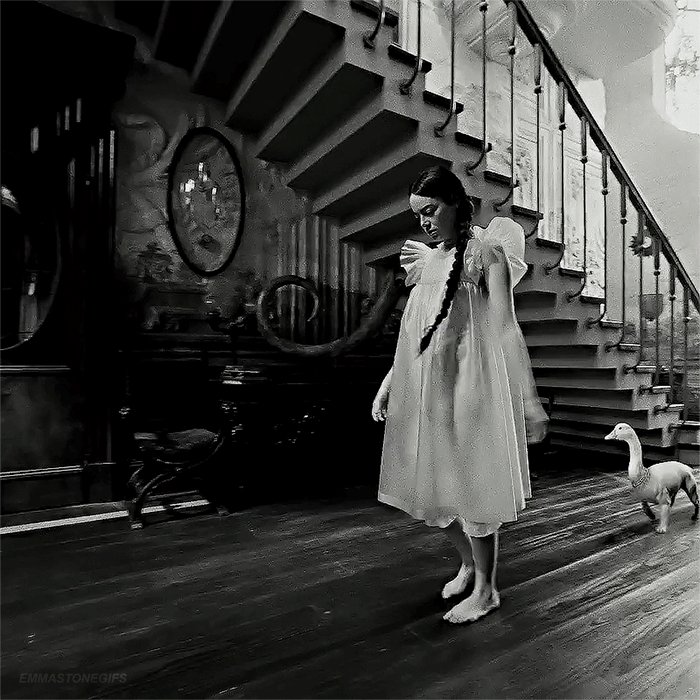
Later, she gets betrothed to McCandless, although her inquiries about sex lead her to follow Duncan Wedderburn to Portugal after meeting him. Wedderburn subsequently tricks her into hiding in a suitcase and takes her unknowingly to the ship, Ocean Liner, where she meets Harry Astley, a cynic, and Martha Von Kurtzroc, a wealthy woman with her own ideologies. Both Harry and Martha introduce Bella to philosophy, life dilemmas, and freedom of thought. During her travels, she is constantly seen as “misbehaved” by Wedderburn and his friends.
Despite her genuine affection for Max McCandles, Bella is motivated by curiosity as she engages in intimate relationships with multiple partners, including Wedderburn. Bella doesn’t dismiss her feelings for Max; instead, she embarks on a sexual adventure. This is controversial because societal norms expect people to have a preference for monogamous relationships, implying that humans are inherently monogamous. Especially considering in Victorian times, women were expected to have a one-time, life-long sexual partner.
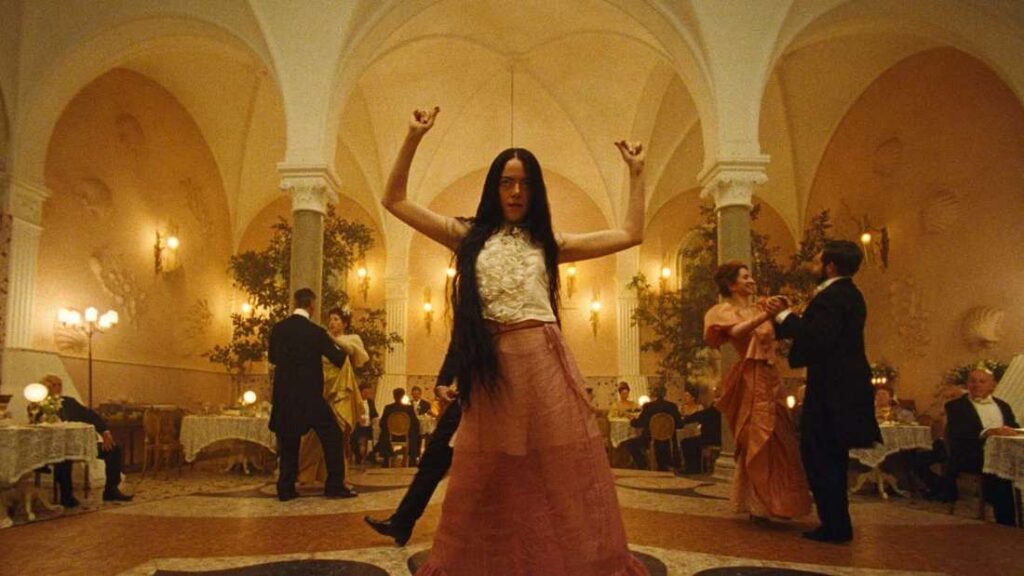
Society often imposes exclusive sexual bonds with a single person. Yet, humans have the emotional ability to form deep, loving connections while participating in various sexual encounters. Even single people experience judgments during healthy exploration of different relationships, both emotional and sexual. It is a constructive pursuit until one discovers the most compatible match. Historically, this perspective faces resistance, as societal expectations sustain the notion that true love and an ideal match should be found instantaneously. Strikingly, there are situations where someone, while feeling secure and content in a relationship, desires to explore other connections. Ultimately, such inquiries are stigmatized as a “second choice” or “last resort”.
Modern and colloquial terminology labels this phenomenon as “situation–ships” and the film portrays the repercussions of Bella searching through such dynamics with Max, Duncan, and prostitution. In a way, the show portrays the normalization and advocacy for the healthy exploration of relationships, acknowledging that it is acceptable to test the outcome of different dynamics with various individuals. In an ideal world with effective support systems, such explorations could prevent unstable and harmful relationships, fostering personal growth and well-being.
Upon delving into philosophy with guidance from Harry and Martha, Bella’s growth shiftsfrom a blissful love for life to a confrontation with the world’s flaws. Bella slowly recognizesher position in a world where such liberty is a rare privilege, a revelation during her visit to Egypt. This abrupt reality hit addresses a constant global issue: gentrification. The film critiques modern society, highlighting the tendency where affluent occidentals migrate to countries with cheaper assets, exploit them, and sell them to fellow countrymen, inflating costs for locals and making them inaccessible.

The visuals illustrate this commentary, showing wealthy immigrants atop a building in Alexandria, contrasting with impoverished people below, struggling with a lack of healthcare and deceased children. This becomes a pivotal moment in Bella’s journey, traumatizing her with the harsh realities of inequality. Attempting to help the poor, Bella takes Duncan’s money and gives it to two men who steal it. This incident reveals Bella’s altruistic and innocent belief in the unquestionable goodness and ethics of everyone. It also forces Bella to start a new chapter in Paris, where she learns about socialism, becomes a prostitute, and befriends Toinette. Together, they start a journey in search of freedom, the meaning of life, and the restoration of Bella’s love for life.
Another theme in the movie is female sexual freedom, showing how Bella uses it as a means of financial gain and self-discovery. It also offers a different perspective on the societal taboos and biases surrounding prostitution. Without getting into the debate over the legality and morality of prostitution, it’s worth noting the film’s intention to make visible female pleasure.
In a world structured by misogyny, the discussion of female sexual pleasure is still acontemporary and post-modern taboo. For example, showcasing the practice of genital mutilation, an abusive technique used to control girls and women. This becomes evident when Bella’s previous life as Victoria Blessington is exposed by her ex-husband, GeneralAlfie Blessington. Alfie and Duncan interrupt Bella and Max’s wedding and plot revenge on Dr. Godwin and Max, then they confine Bella in her past life’s quarters and repel her sexual desires by seeking to remove her clitoris. Once again, Bella finds herself subject to control by yet another man, illustrating the recurring cycle.
The film’s ending is a glorious triumph for Bella. She evolved as a free and self-reliant person sustaining whichever belief she opted for. Godwin passes away while Bella and Max are by his side. Bella chooses to continue Godwin’s legacy and becomes a surgeon herself and transplants a goat’s brain into Alfie Blessington. The concluding frame captures Bella, Toinette, and Ms. Prim enjoying a Martini with a Book.
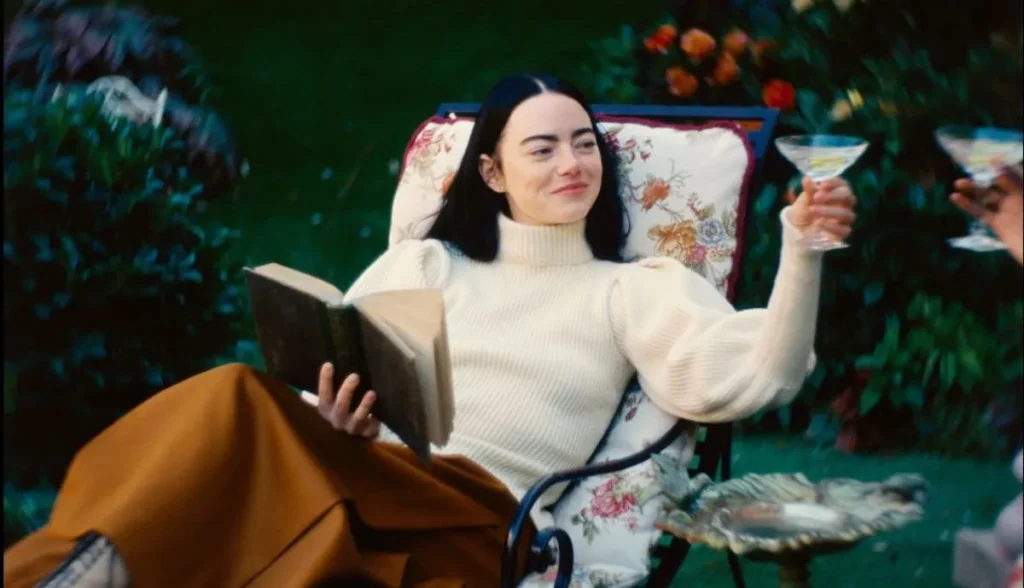
While Yorgos Lanthimos has stated he doesn’t want to label the film as feminist, the movie resonates with the importance of making visible the female pursuit of freedom. Like many other female characters in Lanthimos’s films, Bella’s defiance of societal norms and free-spirited mindset provides viewers with the feeling of hope for a better, freer, happier society. In an interview with Variety, Lanthimos said:
“I don’t really like going into an analytic conversation about what it means, what the themes are, what the characters are. I feel confident about the script. So that means it conveys a lot of things, I think, to intelligent people. So there’s no need to discuss it further. I actually think it’s dangerous to go too much into those conversations because things start becoming a little too one-dimensional. Like there’s only this aspect of this film, and this is what we’re thinking this is, what we’re trying to do. I try to make films more open than that.”
Although Lanthimos doesn’t aim for a one-dimensional analysis of Poor Things nor enjoys one, there’s no doubt his movies tend to represent the general public’s conflicting behaviors and beliefs. His films expose and challenge what has been established as standard and anticipate positive change and welfare. They delve into power control and what it feels like to be restricted and in search of liberation, and Poor Things is no different.


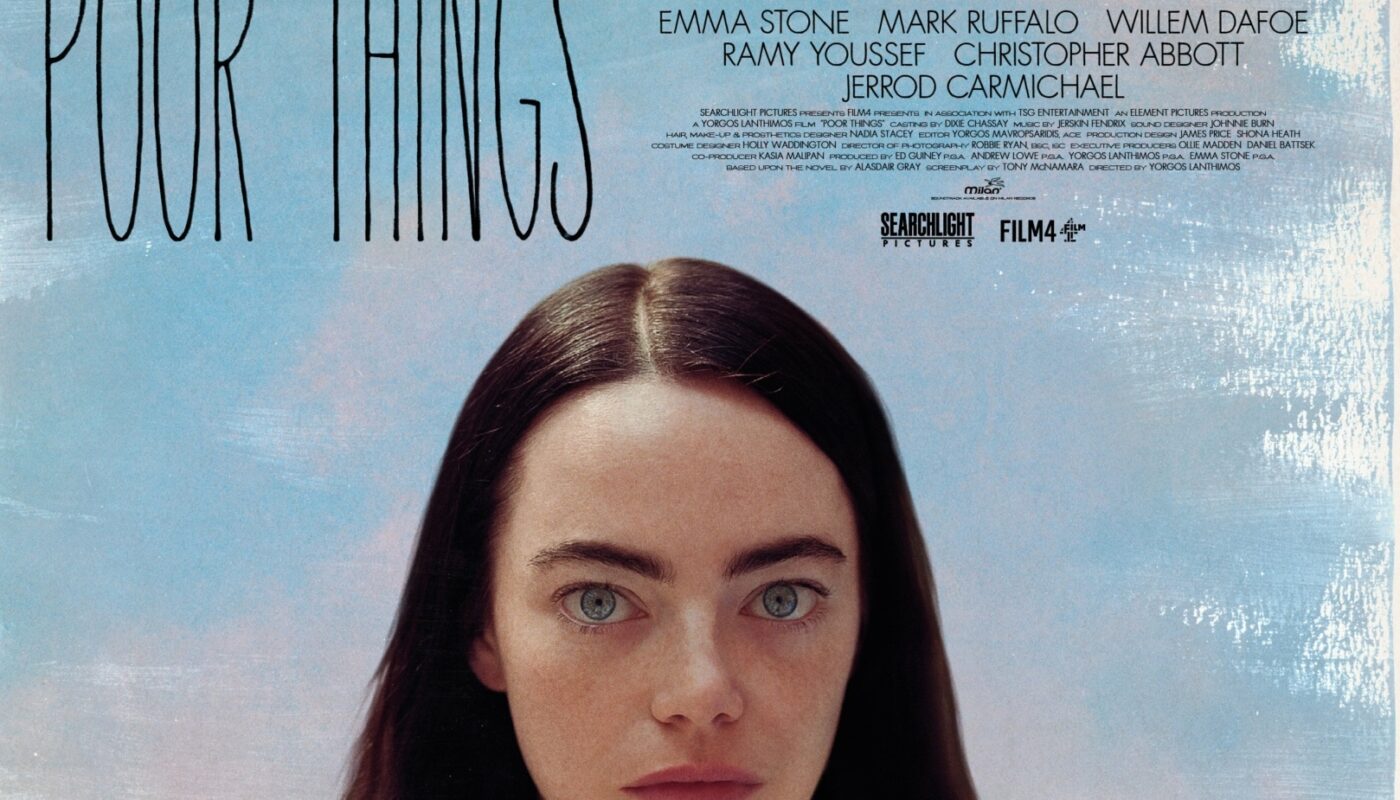
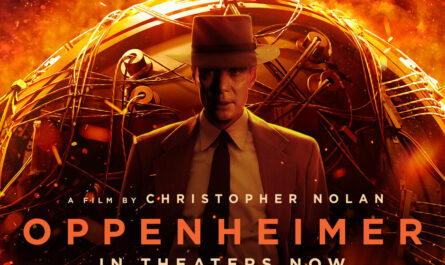

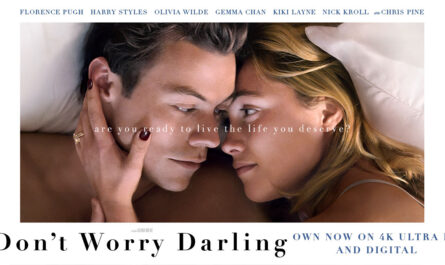
Can you be more specific about the content of your article? After reading it, I still have some doubts. Hope you can help me.
I don’t think the title of your article matches the content lol. Just kidding, mainly because I had some doubts after reading the article. https://accounts.binance.info/register-person?ref=IXBIAFVY